

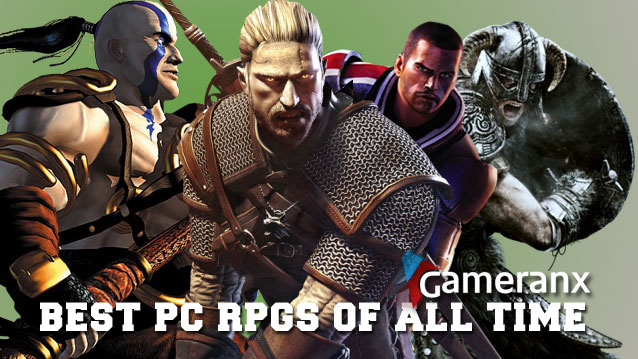
The PC has been the prime platform for many roleplaying games through the years. One of the reasons for that, at least in more recent days, has been the emergence of talented modders that make roleplaying games on PC so much better an experience than their console port counterparts. But many of the big RPG series that are popular today across all platforms started out on the PC back in the 90s originally.
Here we take a look at the cream of the crop of those games.
September 14th, 2013 was a really good day for fans of classic western RPGs like Baldur’s Gate, Planescape: Torment and Icewind Dale. On that day, Obsidian unveiled the Kickstarter for their new game Pillars of Eternity, and within 24 hours it had already reached it’s 1.1 million goal (for a total of a little over 4 million).
An oldschool RPG inspired by the games mentioned above, Pillars of Eternity will feature six races, eleven classes, a tabletop-inspired game system with pausable realtime combat. It’s great to see oldschool games like this making a return thanks to crowdfunding, but whether those millions were well-spent we’ll have to see when the game releases on PC, Mac and Linux sometime in 2015.
Much like its predecessor, the experience of playing Deus Ex: Human Revolution is defined by the actions you make during the game. Although the ending was a bit canned, it doesn't change the fact that you can essentially play the game the way you want to—by sneaking around stealthily and hiding in vents, or by going in guns blazing and playing it like a first-person shooter. Thankfully, the game caters to both playstyles and does so quite well.
One of the most influential games of the recent years, Dark Souls took the good old hack’n’slay formula, locked it in a darkened room in the basement, prodded it with a sharp stick for decades, letting it feed on hatred and misery alone, so that it could eventually emerge as the cold, tough as nails beast that eats the tears of players for breakfast. Dark Souls is a hard game. But more so, it is a very different game that makes a point of not holding the player’s hand.
Not only was Dark Souls (and of course its non-PC predecessor Demon’s Souls) very successful but also inspired a whole bunch of new games that mimic its relentless approach to the hack’n’slay RPG genre. Just that very, very few other games since have managed recreating the magic of this twisted, wild beast of a game.
Ah, the difficult second album. Mass Effect was a good game, but also mostly a proof of concept. All the outstanding achievements of the first game came back with this second installment. Top notch voice acting, dynamic dialog system, long term character development, cinematic production qualities and the possibility to continue with your very own personal Shepard from the first game made this one a shiner like few others.
On top of it all Mass Effect 2 featured an interesting take on the telling of its story, playing out like a season of a great TV space opera, and took some interesting twists and turns with its plot, tasking the player to gather a crack team of space heros to sacrifice in a culminating suicide mission.
For many, Diablo 2 defined the action RPG genre with its combat mechanics, diverse skill tree system, and host of playable character classes.
We’ll go out on a limb and say that Diablo 2 is by far the best game in the action RPG genre, defining the teenage years of many a video game enthusiast. It remains—to date—at the top of the pile where rests the likes of its sequel, Diablo 3, would-be contenders to the throne like Titan Quest, Path of Exile and Torchlight 2, and a host of less stellar titles. They’re right there with countless broken mice, ruined by the constant click-click-click combat mechanics of the game.
While the third entry into the venerated Elder Scrolls series, Morrowind, will probably forever remain one of the favorite games of all video critics, Skyrim, especially on PC, is an easily overlooked, high quality gem. Don’t get me wrong, Skyrim is not little or subtle or anything. It is one of the biggest and boldest RPGs out there. One that is not without flaws. But especially on PC, a horde of talented people used Bethesda’s toolkit to take care of the most glaring of these flaws, from graphics to combat mechanics, up to introducing a hypothermia simulation.
Skyrim was already a great game without the mods of course. A vast map riddled with things to do, to explore, to find, monsters to hunt, people to fight, dragons to kill. With the addition of mods however, Skyrim became something even more. Oh and then there are the DLCs that elevate it beyond most other Elder Scrolls games, especially the most recent one, Dragonborn, that adds a Morrowind-inspired new island to explore.
Developed by Bioware and the makers of Baldur's Gate, Dragon Age: Origins took the Baldur's Gate formula and ran with it in an original setting created by the Edmonton-based team. Choices are abound in the game as players are able to choose between playing a stealthy rogue, a mighty warrior, or a feared mage—the last of whom gets to make some of the most difficult personal choices ever posed in a game.
Full of moral quandaries and choices to be made, Dragon Age is what a role-playing game is all about.
Deus Ex broke genre boundaries by combining role-playing elements with that of a first-person shooter, and in doing so delivered one of the best stories ever told on the PC. Thanks to much of the game's emergence, players were able to tell their own story through the actions they took within the game. How they played the game—whether they did so through violence or subterfuge—defined the entirety of the Deus Ex experience.
Like Baldur's Gate and Baldur's Gate 2 before it, the Icewind Dale games are due for a modern day resurrection. If Beamdog—the studio behind the "Enhanced Editions" of BG and its sequel—gets their way, that's exactly what we'll be getting in the coming years.
Despite being developed on the same Infinity Engine that powers the Baldur's Gate titles, Icewind Dale and its sequel were developed as epic dungeon romps rather than story and character-heavy RPGs. That doesn't make them any less good as RPGs—just different, much like Fallout Tactics differs from the original Fallout.
The Fallout series puts a unique spin on the RPG formula, swapping out wands and magic for guns and radiation and placing emphasis on survival. Fallout 3 was perhaps the best execution of this theme, with players battling a remnant of pre-War era military and traversing the ruins of Washington D.C., adding an additional layer of horror and intrigue to an already fascinating game.
While RPGs can become repetitive and stale in their shared elements, Fallout 3 was able to take the D&D mechanics at the core of the genre and put them in a completely new context, challenging it as a whole. Its beloved legacy as a science fiction FPSRPG has been earned.
On paper this sounded almost too good to be true. BioWare, the people who made the award winning Baldur’s Gate games that revitalized the roleplaying genre were to make a Star Wars game, and in order to get out of the way of all the established things and especially the movies, they would set this game 4.000 years before the events of A New Hope. What happened was that BioWare etched out their very own niche in the official Star Wars universe and populated it with a ton of memorable characters.
Knights of the Old Republic became the stepstone for a whole new franchise and eventually led to the creation of the Mass Effect games. In and on itself it introduced a dual morality system to RPGs by letting players choose between the Light and the Dark Side of the Force.
The second game in the series based on Polish author Andrzej Sapkowski takes some very interesting new turns. Taking after the BioWare style of RPGs, Witcher 2 features dynamic dialogs and has an even stronger focus on cinematic presentation than the first game. Also the game features the best action based combat system of any fantasy RPG hands down. When it was released it was a bit rough around the edges, but eventually developer CD Projekt RED released not only a whole number of patches but also an entirely reworked edition, one which the owners of the original game updated to for free.
The Witcher 2 featured a winding storyline across expansive, beautiful levels, interesting takes on established fantasy tropes, and a game world that was well thought through, and riddled with great details, little and big, making it one of the most memorable, most immersive experiences in PC fantasy roleplaying in recent years.
As we wrote in our previous list of best post-apocalyptic games, Fallout is the "big enchilada" of the whole genre. With six titles to its credit, and 5 of them actually good (we're discounting Fallout Tactics), it shows us the future as the 1950s imagined it and that we all did in fact drop the bomb.
The role-playing game series is not just about survival, but being able to move forward as a society. To rebuild in the aftermath of total annihilation, in the face of power hungry group, in the face of the repercussion of an unconscionable corporation, in the face of being lied to, in the face of running out of supplies. In the face of all this, you choose who you will be.
While the semi-predecessor of this game, Fallout 3, undoubtedly reinvigorated the venerated Fallout series, developer Bethesda were criticized for making a too bland, boring and sterile game world out of the Capital Wasteland of Washington D.C. With Fallout New Vegas, developer Obsidian took all that was great about Fallout 3 and infused that with the much whackier spirit of the original two and a half (Fallout Tactics) games.
The result is one of the best open world RPGs of the past few years. New Vegas offers the player almost unprecedented freedom, an open ended story that essentially becomes the player’s story and a world riddled with interesting things and smaller, more personal stories to discover and play out in side missions. Despite its size, Fallout New Vegas still feels very close, very personal.
Speaking of Obsidian and personal stories, how about Planescape Torment, the game many player regard as the best game of all times? Or at least the best written game of all times? Set in the Advanced Dungeons & Dragons setting of Planescape, one of the most arcane and positively aethereal settings of pen and paper RPGs this side of Glorantha, Planescape Torment allowed for a freedom in playing out the story and characters that had been completely unprecedented when it arrived in the late 1990s.
Sadly, Planescape Torment was not a very successful game, financially and became a cult hit only after Black Isle Studios had been shut down already.
Too bad that the Twilight craze has ruined vampires forever. Back in the day before Stephanie Myers horribly sparkling teen idol bloodsuckers had tarnished the image of the vampire forever, there was this game. Based on White Wolf’s Vampire: The Masquerade setting, Bloodlines was a troubled release, and a long term success story the likes of which are possible only on PC.
Shortly after the game was released, developer Troika had to shut down due to irredeemable financial difficulties. But even in its released state the game was riddled with crippling, sometimes game breaking bugs, some due to the fact that the game was built on Valve’s brand new source engine that had not seen any use before this game back in the day - Bloodlines almost would have been released before Half-Life 2, but contractual obligations saw it released a week after. Since then, the fans have been creating fan-patch after fan-patch. These patches recreated and fixed cut features, and made the broken but brilliant game whole on the long run.
Released in the Golden Age of PC Gaming at the end of the 1990s, Baldur’s Gate 2 was everything that its predecessor had been. Only better streamlined and bigger. Baldur’s Gate 2 was set in the Advanced Dungeons & Dragons setting of the Forgotten Realms, your basic run of the mill mom and pop fantasy with dwarves and elves, but stood out for the sheer size and the extremely high quality of its production. Baldur’s Gate 2 featured a plethora of voiced characters, an incredible number of big and small questlines to follow and a game world and overall narrative structure that should be highly influential for tons and tons of other roleplaying games in the following years.
After Baldur’s Gate 2 it took years until the PC gaming environment returned to similar heights again. Released in the year 2000 it came at the peak of PC gaming, just before the release of the Xbox generation of consoles that would change the face of gaming forever.
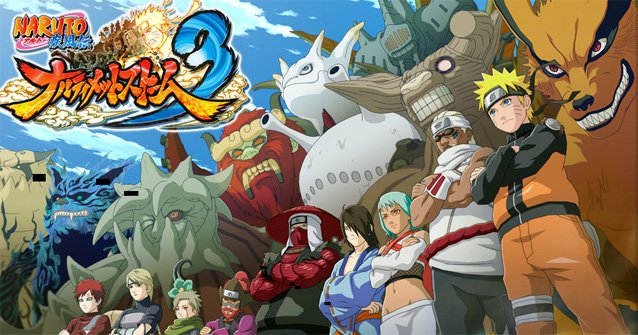
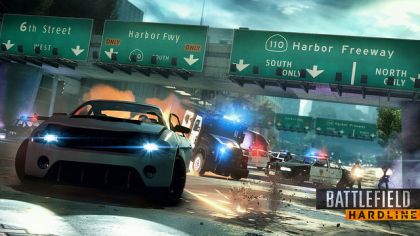


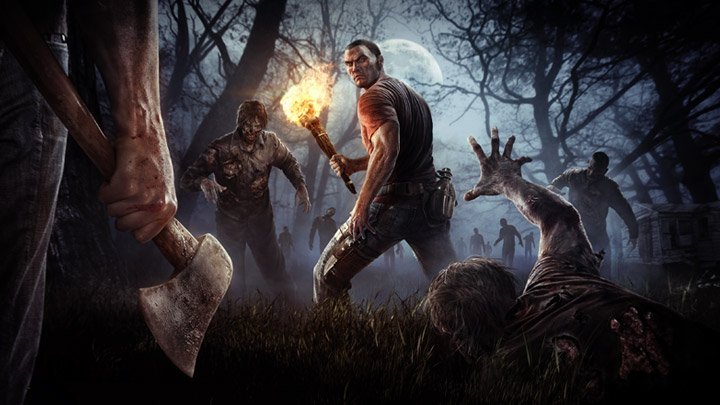 H1Z1 Tips, Tricks & Guide to Survive
H1Z1 Tips, Tricks & Guide to Survive XCOM: Enemy Unknown Strategy Guide: How To Survive
XCOM: Enemy Unknown Strategy Guide: How To Survive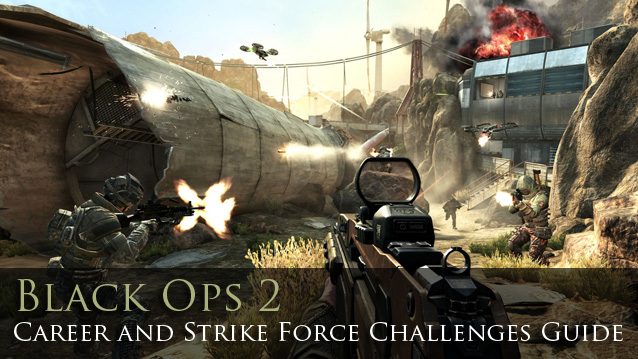 Black Ops 2 Career and Strike Force Challenges Guide
Black Ops 2 Career and Strike Force Challenges Guide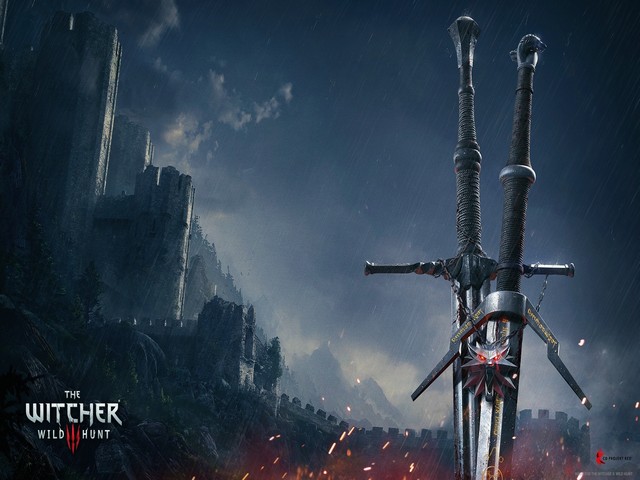 The Witcher 3: Wild Hunt Weapon Guide: How To Get Serpentine Steel and Silver Swords, Stats Also Revealed
The Witcher 3: Wild Hunt Weapon Guide: How To Get Serpentine Steel and Silver Swords, Stats Also Revealed The Order: 1886 Wiki – Everything you need to know about the game .
The Order: 1886 Wiki – Everything you need to know about the game .